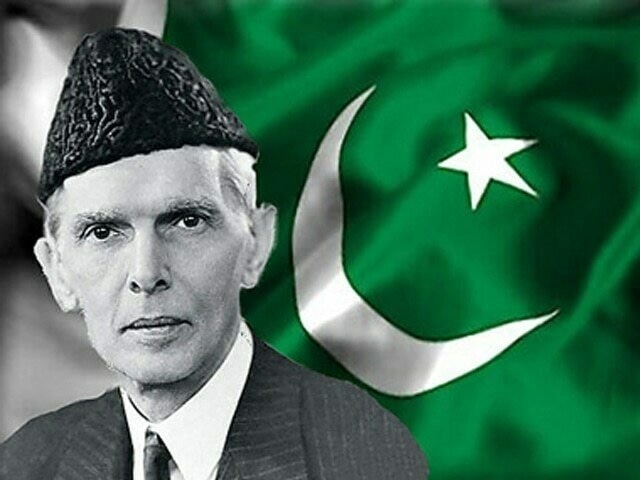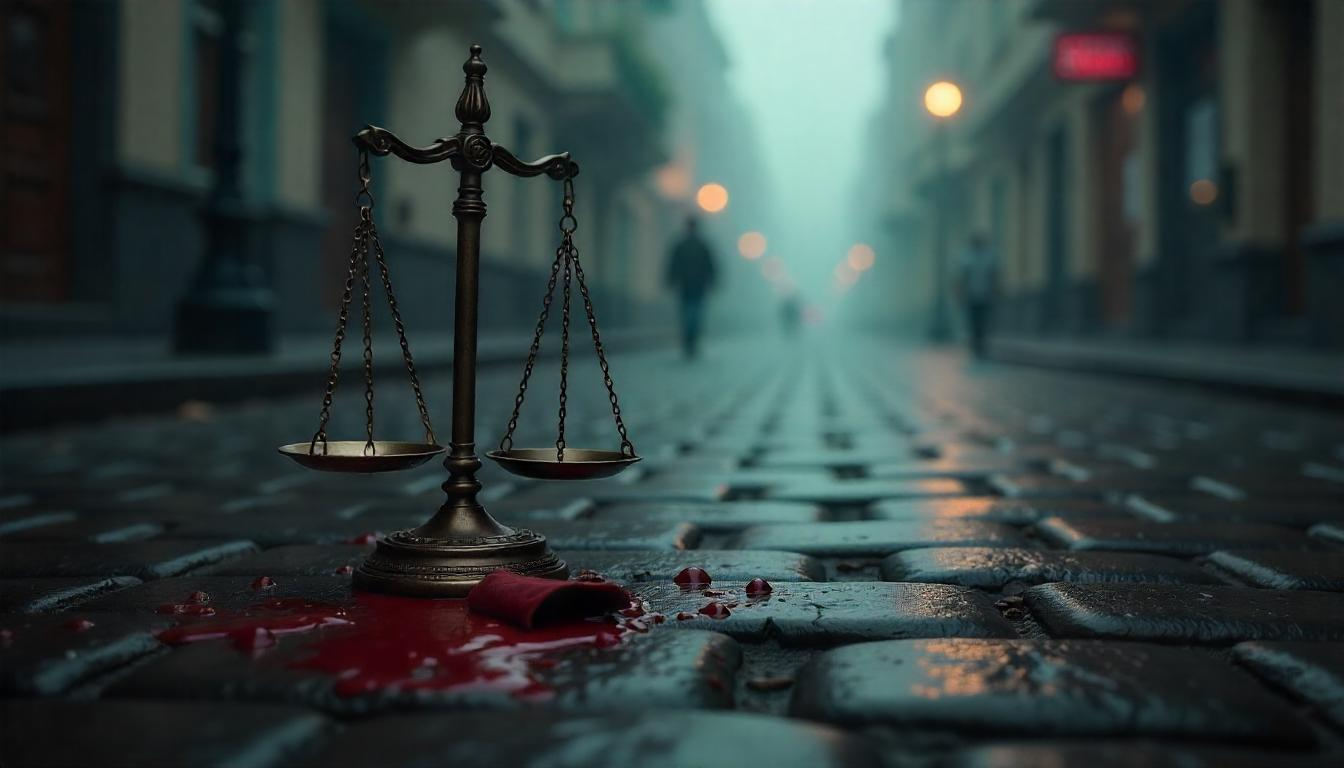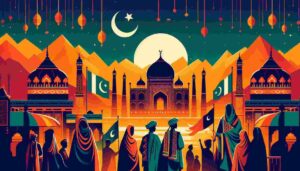When Saying ‘No’ Becomes a Death Sentence
Sana Yousaf is not just a name. It is a scream—loud, painful, and silenced far too soon.
She was not a criminal. She was not a threat. She was a young woman—just 20 years old—with dreams, hopes, and a life ahead of her. But in the end, her only crime was one that our society finds unforgivable: the courage to say no.

And for that, she was murdered.
As we process the horrifying story of how Sana was allegedly killed—reportedly by her own father and brothers—we are left not only with grief but with fire in our chests. Because her death was not just a personal tragedy. It was a national failure. A societal collapse. A terrifying mirror to our collective conscience.
Yet even more sickening than the act itself is the reaction from some dark corners of our society. “It’s good she died,” they whisper. “She was bringing shame to her family. Society is getting cleaner.”
Cleaner?
If you believe murder is cleansing, then maybe it’s your conscience that needs disinfecting.
If you think control is honor, then perhaps you’ve forgotten what real honor means.
We are raising generations who believe that a woman’s voice is rebellion, that her choice is arrogance, and that her “no” is blasphemy. And when that twisted belief system is combined with male ego and misplaced notions of family “izzat,” the result is the grave of Sana Yousaf.
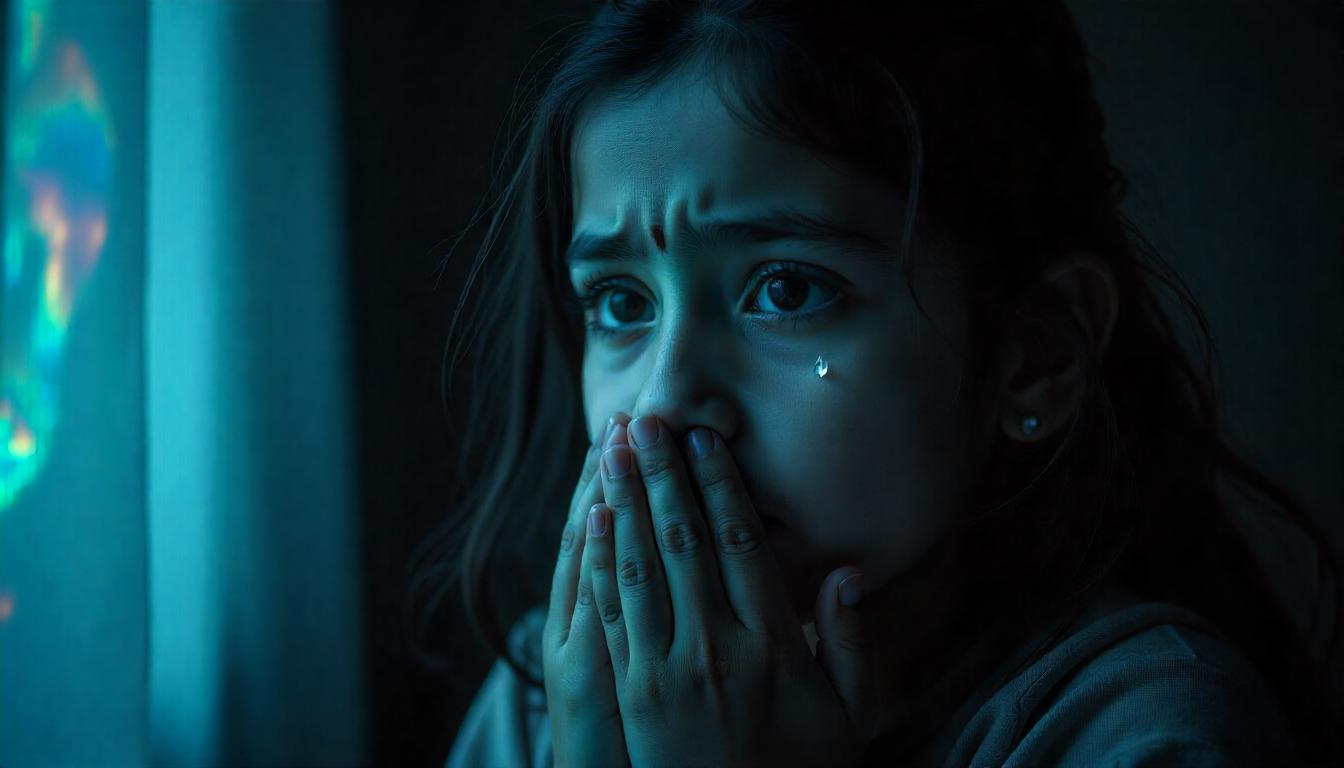
The Ego That Wears a Man’s Mask
Pakistani men are not born violent. They are made that way—by years of unchecked patriarchy, reinforced silence, and a culture that treats women like property. In homes, girls are trained to compromise. Boys are taught to command.
A father’s ego becomes so fragile that the word “no” from his daughter pierces deeper than any dagger. A brother’s honor becomes so inflated that a simple choice by his sister feels like a public humiliation.
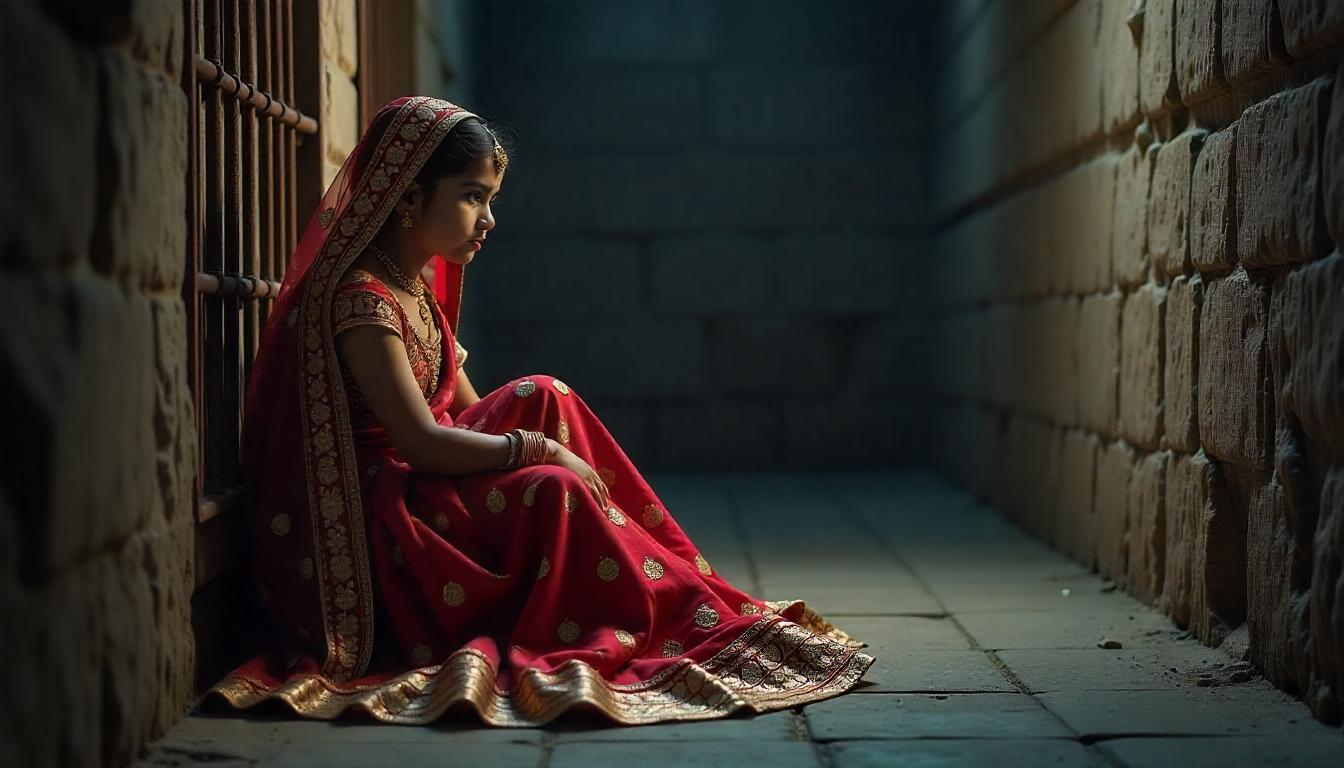
This isn’t love. This is control. This isn’t family. This is tyranny. And until we learn to call it what it is, girls like Sana will keep dying in silence.
Pakistani Dramas: The Poison We Call Entertainment
Let’s not pretend we don’t know where this mindset is coming from.
Turn on your TV. In drama after drama, a girl’s independence is vilified, her strength is mocked, and her decisions are punished. These shows glorify toxic men, romanticize forced marriages, and condition audiences to believe that a woman’s happiness comes only through obedience.
How many times have we seen the “nafrat se mohabbat” trope? The girl is slapped, humiliated, degraded—and then magically falls in love with her abuser. The villain becomes a hero, and the victim becomes a lesson.
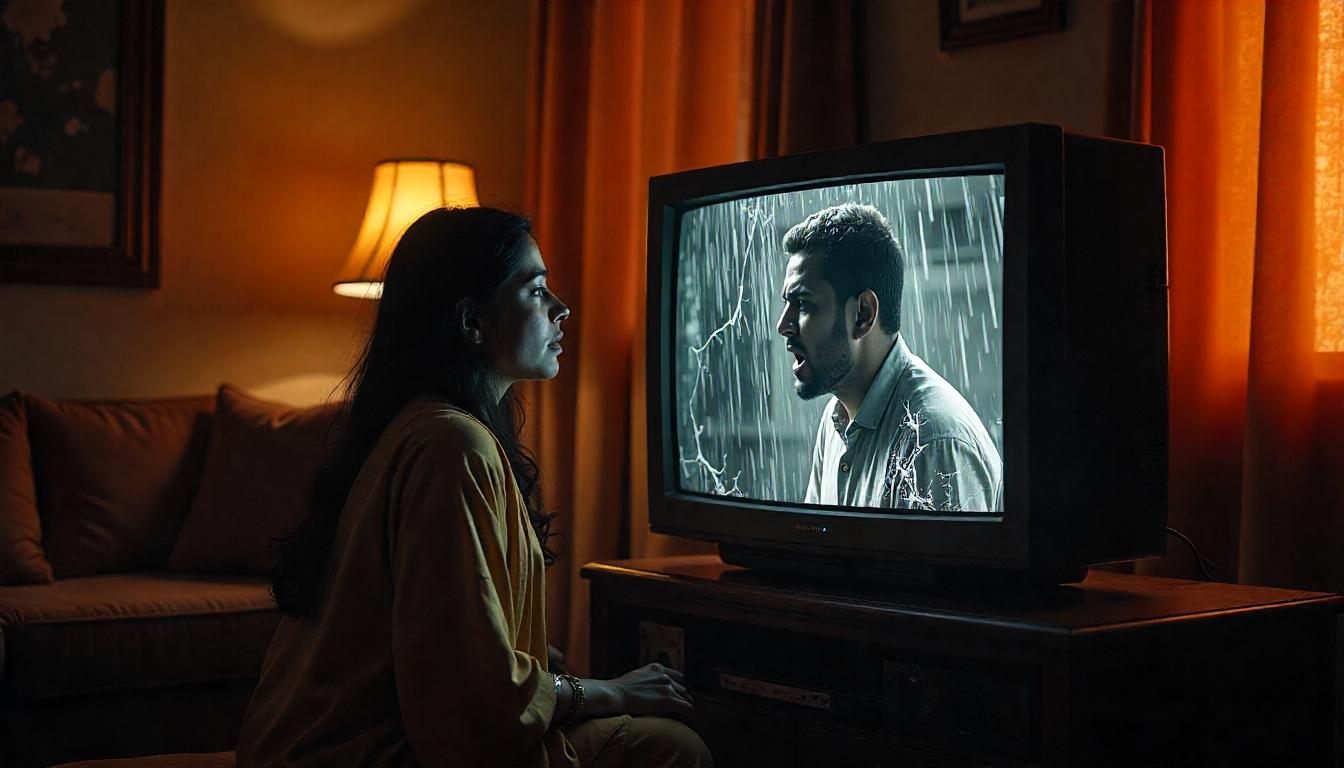
Pakistani dramas are not just entertainment anymore. They are indoctrination. They are silently shaping the way boys and girls think, love, and act. And the damage is irreversible if we keep feeding this narrative to every household.
The truth is: what we watch, we become.
Forced Marriages: When a Girl’s “Yes” Is Not Hers
Sana’s only mistake was refusing a marriage proposal—one she did not want. But in a society where the girl’s will is irrelevant, her “no” is seen as rebellion, not a right. Forced marriages are disguised as family traditions. Coercion is disguised as respect for elders. And every time a girl is pushed into a life she didn’t choose, we are complicit.
We teach girls to stay quiet “for peace,” but there is no peace in prisons. We teach girls to accept “for their family’s name,” but there is no honor in slavery. And when a girl finally gathers the courage to say no, we crucify her—for choosing herself over obedience.
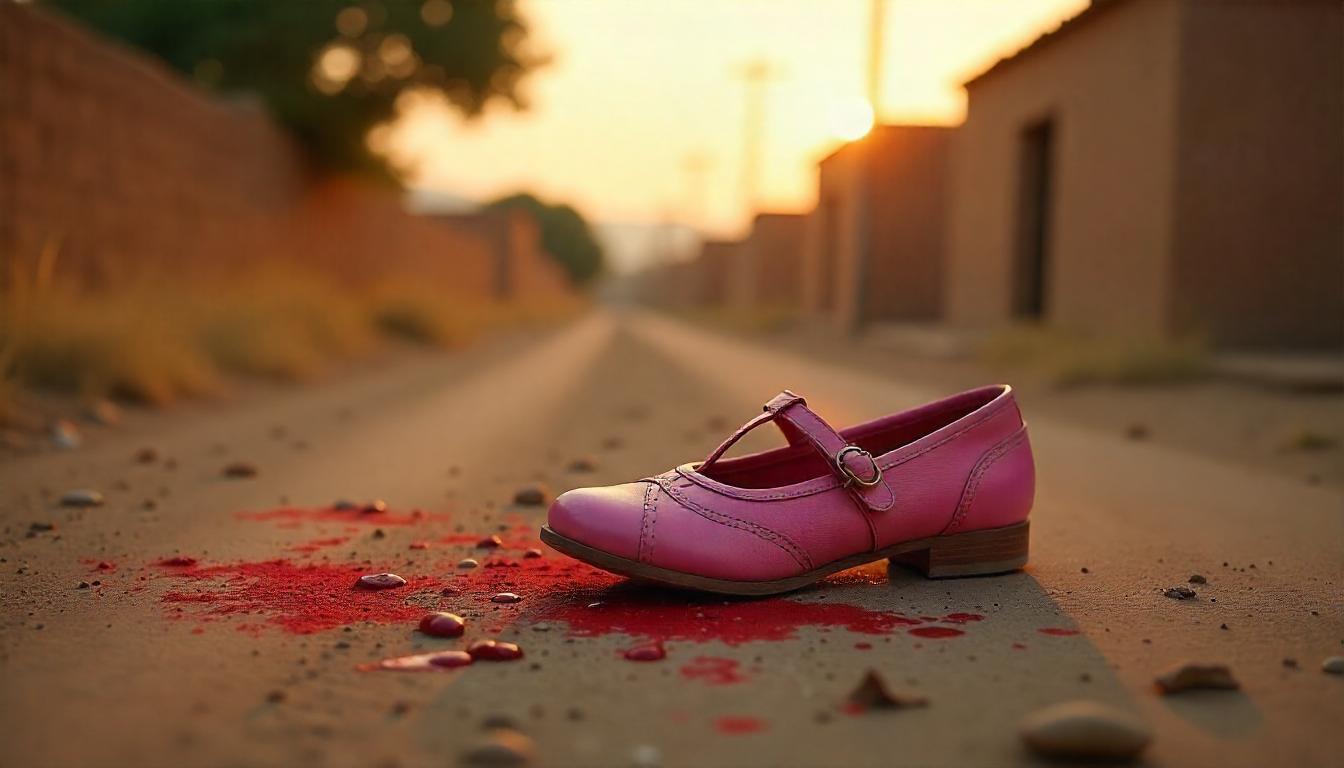
Sana’s death was not a sudden eruption. It was the result of years of cultural brainwashing, normalized violence, and unchecked patriarchy.
Where Do We Go From Here?
We can’t bring Sana back. But we can make sure she isn’t forgotten. Her story must not end in silence or fade in a few headlines. Let her name be a revolution.
- Let us raise boys who understand consent, not control.
- Let us raise girls who know that their voice matters—and that they are not alone.
- Let us demand media that reflects real struggles, not romanticized oppression.
- Let us criminalize forced marriages, and treat honor killings as what they truly are: murder.
Sana’s blood is on our soil. We must water it with justice, not indifference.
To those who say “the society is getting better now” because she died—know this:
Society gets better when girls live. Not when they die.
Society gets better when a daughter’s smile is protected—not silenced.
Society gets better when saying “no” is seen as strength—not defiance.
May Sana Yousaf’s soul find peace.
And may our society finally find its conscience.




